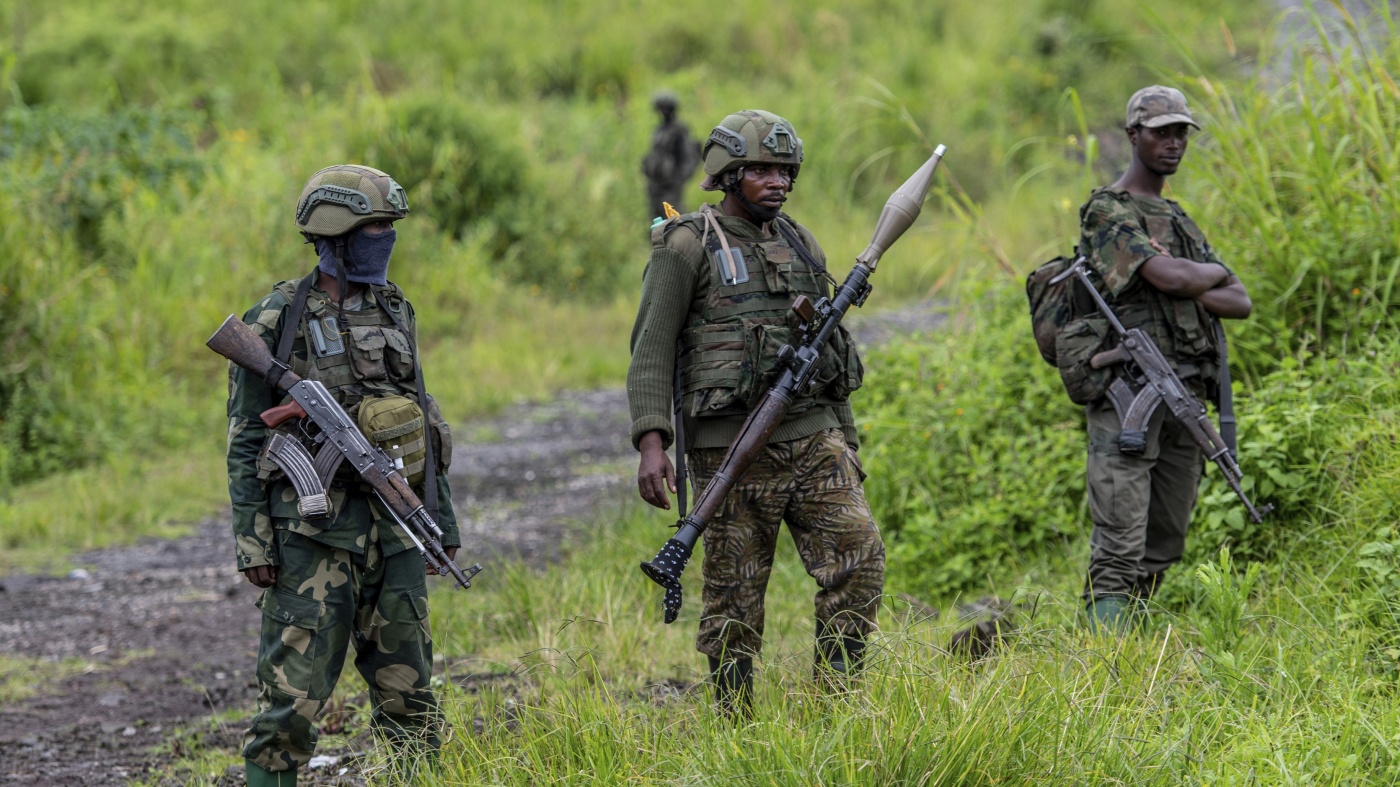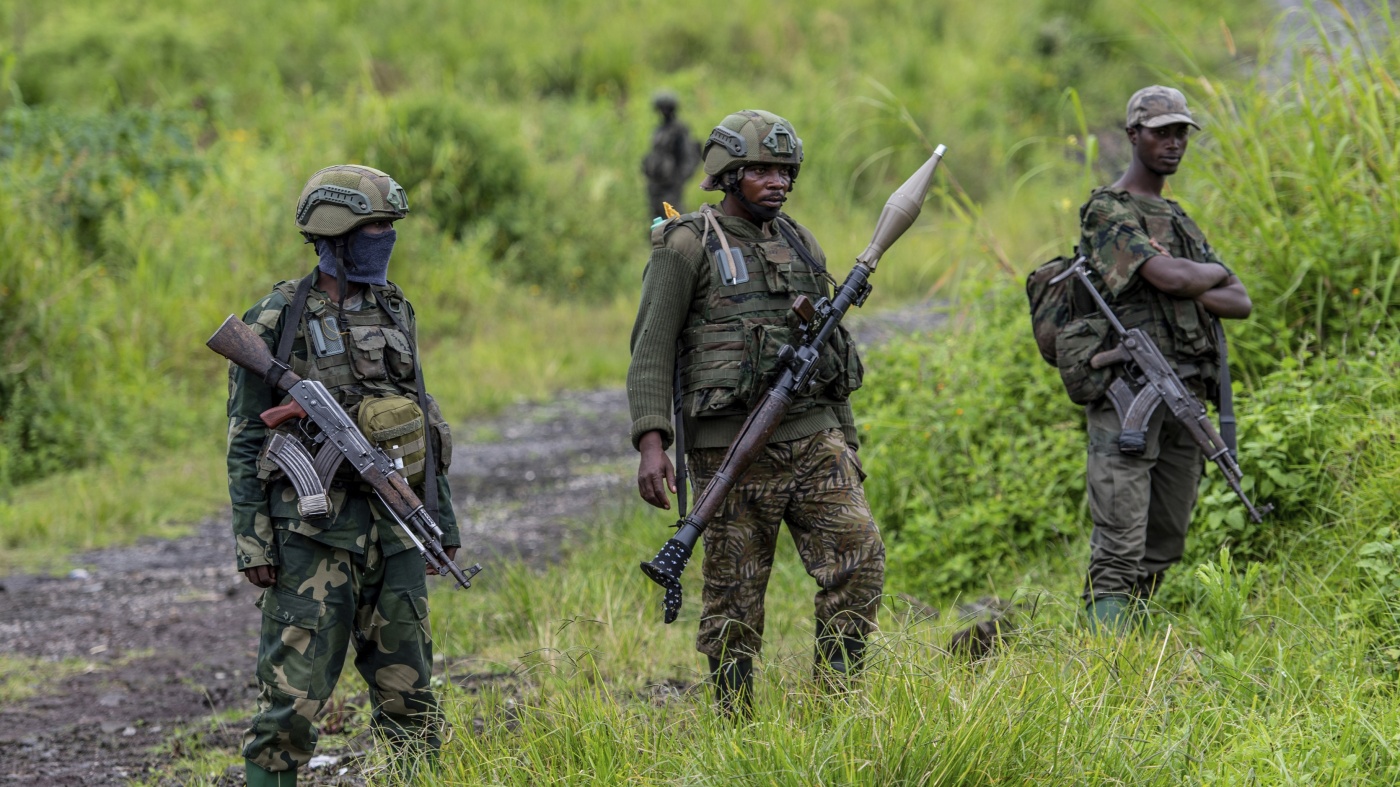A Fragile Hope: Analyzing the Declaration of Principles Between Congo, Rwanda, and M23 Rebels
Introduction
The Democratic Republic of Congo (DRC) has long been a battleground of ethnic tensions, resource competition, and regional power struggles. The eastern region, in particular, has been a persistent hotspot of violence, with numerous armed groups vying for control. Among these, the M23 rebels, allegedly backed by Rwanda, have been a significant destabilizing force. Recent developments offer a glimmer of hope: a declaration of principles for a permanent ceasefire, signed in Qatar by the DRC government, Rwanda, and the M23 rebels. This agreement, while promising, raises critical questions about its genuine potential to bring lasting peace or if it will join the long list of broken promises.
A Patchwork of Promises: Deciphering the Declaration
The declaration of principles serves as a framework agreement, outlining the broad strokes of a potential peace deal. Its core commitment is an immediate and permanent ceasefire, a crucial step for the millions of Congolese civilians who have endured decades of conflict. The declaration also emphasizes the need for formal negotiations to finalize a comprehensive peace agreement, with a deadline of August 18th for signing.
Beyond the ceasefire, the agreement likely addresses key issues such as security guarantees for all parties, the reintegration of M23 fighters into Congolese society, and mechanisms to address the root causes of the conflict. Importantly, the declaration aligns with the peace agreement previously signed between Congo and Rwanda on June 27th, indicating a broader effort to normalize relations between the two nations.
Rwanda’s Shadow: Addressing the Allegations
Rwanda’s alleged involvement in the DRC conflict is a critical factor. The DRC government, the United Nations, and Western powers have accused Rwanda of supporting the M23 rebels with troops and arms. Rwanda has consistently denied these allegations, but the perception of its involvement has complicated peace efforts.
Regardless of direct support, Rwanda has clear interests in the region, including security concerns related to armed groups in eastern DRC that threaten its stability, as well as economic interests in natural resource exploitation. The declaration of principles, therefore, requires Rwanda to demonstrate its commitment to peace by refraining from actions that could undermine the ceasefire while addressing its legitimate concerns to foster cooperation and trust.
A History of Broken Promises: The Skeptic’s View
While the declaration of principles is a positive development, skepticism is warranted. The DRC has a long history of failed peace agreements, and the M23 rebels have been accused of violating ceasefires in the past. The DRC government has already dismissed the unilateral ceasefire declared by Rwanda-backed rebels as “false communication,” while the United Nations reported ongoing fighting in the region.
Several factors could undermine the current agreement. Internal divisions within the M23 rebels may hinder ceasefire enforcement. The DRC government may lack the capacity or political will to fully implement the peace agreement. External actors, such as neighboring countries or international corporations, may have vested interests in maintaining the conflict.
To overcome these challenges, robust monitoring and verification mechanisms are essential to ensure all parties adhere to the ceasefire. Addressing underlying grievances, such as land disputes, ethnic tensions, and economic inequality, is also crucial.
The Path Forward: Building a Sustainable Peace
The declaration of principles is just the first step toward peace. To build a sustainable future in eastern DRC, the following steps are essential:
Inclusive Dialogue
All relevant stakeholders, including the DRC government, Rwanda, the M23 rebels, other armed groups, civil society organizations, and local communities, must be involved in the peace process. The dialogue must be inclusive and transparent, ensuring that the voices of all Congolese people are heard.
Security Sector Reform
The DRC’s security forces need to be reformed to ensure they are professional, accountable, and capable of protecting civilians. This will require training, equipment, and a commitment to human rights.
Economic Development
Eastern DRC needs significant investment in economic development to create jobs, reduce poverty, and provide opportunities for young people. This will require addressing issues such as land tenure, access to credit, and infrastructure development.
Justice and Reconciliation
Accountability for past crimes is essential to promote justice and reconciliation. This will require investigating and prosecuting those responsible for war crimes and crimes against humanity, as well as providing reparations to victims.
Regional Cooperation
The DRC and Rwanda need to work together to address shared security concerns and promote regional stability. This will require building trust, enhancing communication, and cooperating on issues such as border security and intelligence sharing.
A Glimmer of Hope, a Call to Action
The signing of the declaration of principles represents a fragile hope for peace in eastern DRC. It is a testament to the efforts of mediators, diplomats, and civil society actors who have worked to bring the warring parties to the negotiating table.
However, the declaration is not a guarantee of peace. It is merely a foundation upon which lasting peace must be built. The success of the peace process will depend on the commitment of all parties involved, as well as the support of the international community.
The world must not stand idly by while the DRC continues to suffer. We must support the peace process with financial and technical assistance. We must hold all parties accountable for their actions. And we must stand in solidarity with the Congolese people as they strive to build a better future for themselves and their children.
From Paper to Practice: A Call for Genuine Peace
The declaration of principles is a welcome step, a potential turning point in the long and tragic history of conflict in eastern DRC. But it is only a piece of paper. What truly matters is the willingness of all parties to translate those words into concrete actions. It requires genuine commitment, unwavering resolve, and a willingness to put the interests of the Congolese people above all else. Only then can this fragile hope blossom into a lasting peace, a peace that brings justice, prosperity, and security to a region that has suffered for far too long. The world is watching, and the people of Congo deserve nothing less.








